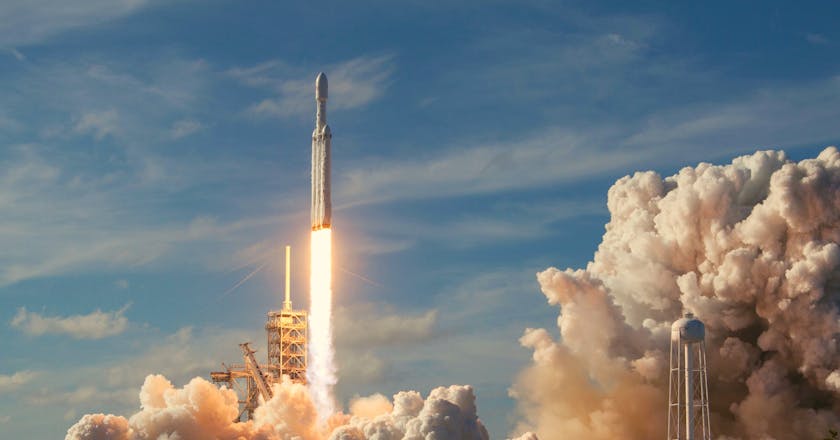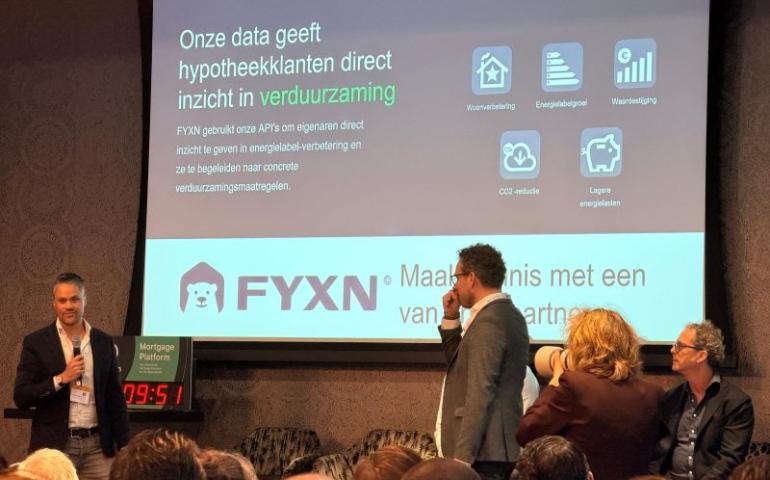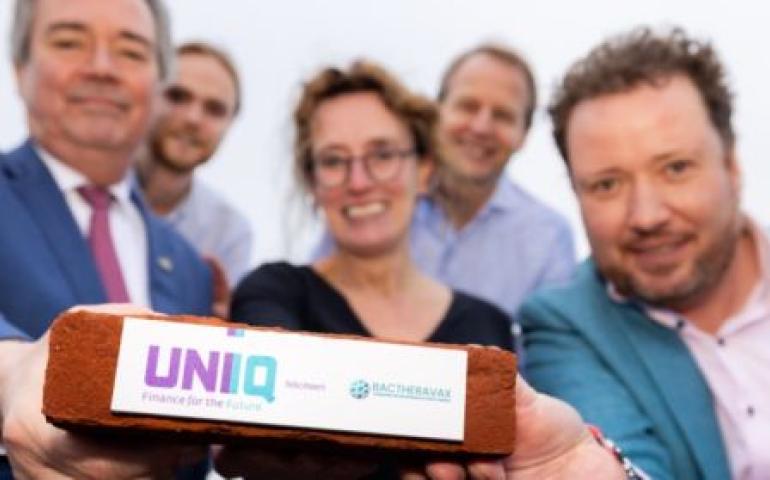What is a startup?
Source: Dealroom, 2021.
A simple but powerful description of what a startup is meant to be: “A startup is a company designed to grow fast”.
It comes from Paul Graham, the legendary startup builder, investor and Co-founder of Y Combinator. He wrote about the purpose of startups in 2012 on his blog, in a post titled startup = growth.
At Dealroom, where our bread and butter is discovering new companies, we’ve found this the most useful explanation of the term startup. But why do we need a definition for startups in the first place? What does “fast growth” even mean? And what’s the relationship between startups, tech and innovation?
Startups ≠ tech
Startups and tech are often talked about interchangeably. Indeed, most startups are heavily tech enabled. But so are lots of other companies. In fact, many traditional SMEs and mature companies work more deeply on technology than startups do (e.g. industrial conglomerates).
When we talk about “tech startups”, what we really mean is information-age technology(internet, software, AI, algorithms) as David Galbraith writes. Even with these types of technologies though, “normal” companies are catching up. It’s been said that “every company is now a tech company”, or at least needs to be.
Paul Graham also makes this point:
“Being newly founded does not in itself make a company a startup. Nor is it necessary for a startup to work on technology, or take venture funding, or have some sort of “exit.” The only essential thing is growth. Everything else we associate with startups follows from growth.”
This framing makes it easier to understand why a company like WeWork was called a startup – it was a real estate company like many others, but it was built to grow fast. Or why Ocado is considered a startup, but Tesco grocery delivery isn’t – because Ocado is built to grow fast. Or why Tails.com is a startup – they are not the first company to make dog food, but… you get the idea.
Technology may enable a high-growth, scaleable business, but so might an innovative business model. Tech is not a prerequisite of a startup.
The same applies to being “innovative”. For example, was three-star restaurant El Bulli not innovative? Of course it was, but its innovation was applied to molecular gastronomy. Yet Deliveroo is a startup, because their innovation is focused not on the end product, but on growth.
“I know a startup when I see one”
So how do you spot a company that’s designed to grow fast?
For many investors, the answer to that might be: “I know a startup when I see one”.
It’s a fair point, startups vary so much that strict criteria would be impossible, indeed the best startups break the mould anyway. But that’s not super useful if, say, you’re asking governments to support startups. They like to know things like, how many startups there are, how many people they employ, how fast they’re growing, and their impact on the economy.
Well that’s where we come in. Dealroom combines machine learning, data engineering and unique partnerships to provide trusted data to dozens of governments, and help people find the world’s most promising companies. We also have a robust verification process, by which we mean “we know a startup when we see it”.
When does a startup stop being a startup?
We often get asked questions like “how many startups are there in Berlin today?” Seems simple enough. Maybe you would think to look at companies with a maximum age of 10. For Berlin though, that would mean Delivery Hero and Zalando are excluded, but N26 and HelloFresh are included. That seems kind of random. And what if a startup has gone public or been acquired? That would mean HelloFresh is out too. All these companies definitely have been startups, do they still count?
If the real goal is understanding how Berlin’s startup ecosystem has evolved to this point, a better way of looking at it is with time-series data. We might wonder how many startups are founded/funded each year, and how that has developed. Instead of a snapshot, we can gain more meaningful insights by comparing different cohorts (vintages) of startups: how do startups from the last five or 10 years compare with older ones? What percentage made the actual startup journey of fast growth?
This way, picking an arbitrary cut-off age is no longer needed. Of course a company doesn’t stay a startup forever, but for us to learn from them, all that matters is they were once.
How fast is fast growth?





